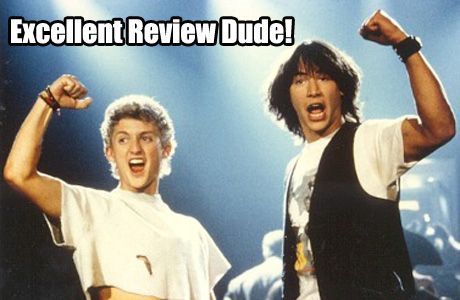That's how I remember Misery. Along with that, Jack The Bear made me so angry that I cried, Pinocchio scared me and I turned it off and haven't watched it since, while The Entity was the only film I can think of which actually scared me long after I'd seen it and worried me. I think that's the lot.  I was a bit spooked on the walk home from watching A Nightmare On Elm Street and, for some reason, The Curse of the Werewolf, starring Oliver Reed.
I was a bit spooked on the walk home from watching A Nightmare On Elm Street and, for some reason, The Curse of the Werewolf, starring Oliver Reed.
 I was a bit spooked on the walk home from watching A Nightmare On Elm Street and, for some reason, The Curse of the Werewolf, starring Oliver Reed.
I was a bit spooked on the walk home from watching A Nightmare On Elm Street and, for some reason, The Curse of the Werewolf, starring Oliver Reed.Maybe you should keep away from The Thing
__________________
Rodent's Reviews: Delivering The Good, The Bad, And The Ugly In Film
Rodent's Reviews: PART DEUX!
Rodent's 1950-Present Sci-Fi And Futuristic Fantasy Movies
Rodent's Reviews: PART DEUX!
Rodent's 1950-Present Sci-Fi And Futuristic Fantasy Movies
Resident Evil: Retribution was my one-pointer
 but I did watch it again this year
but I did watch it again this year  I own it and thought I shouldn't leave it on the shelf with only one outing
I own it and thought I shouldn't leave it on the shelf with only one outing 
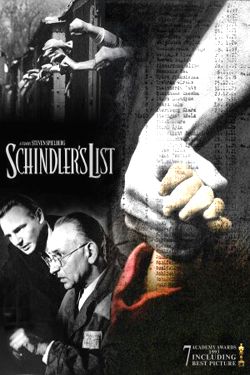
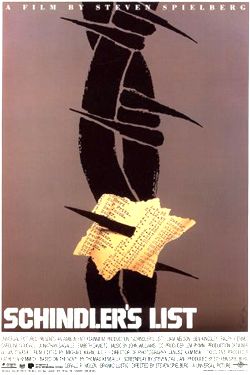




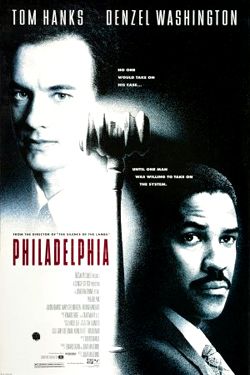
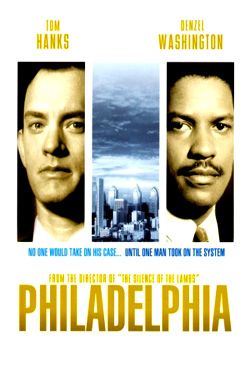
 I realise you may not always have the time to write it out so I've made this for you to quickly post after a new review
I realise you may not always have the time to write it out so I've made this for you to quickly post after a new review 